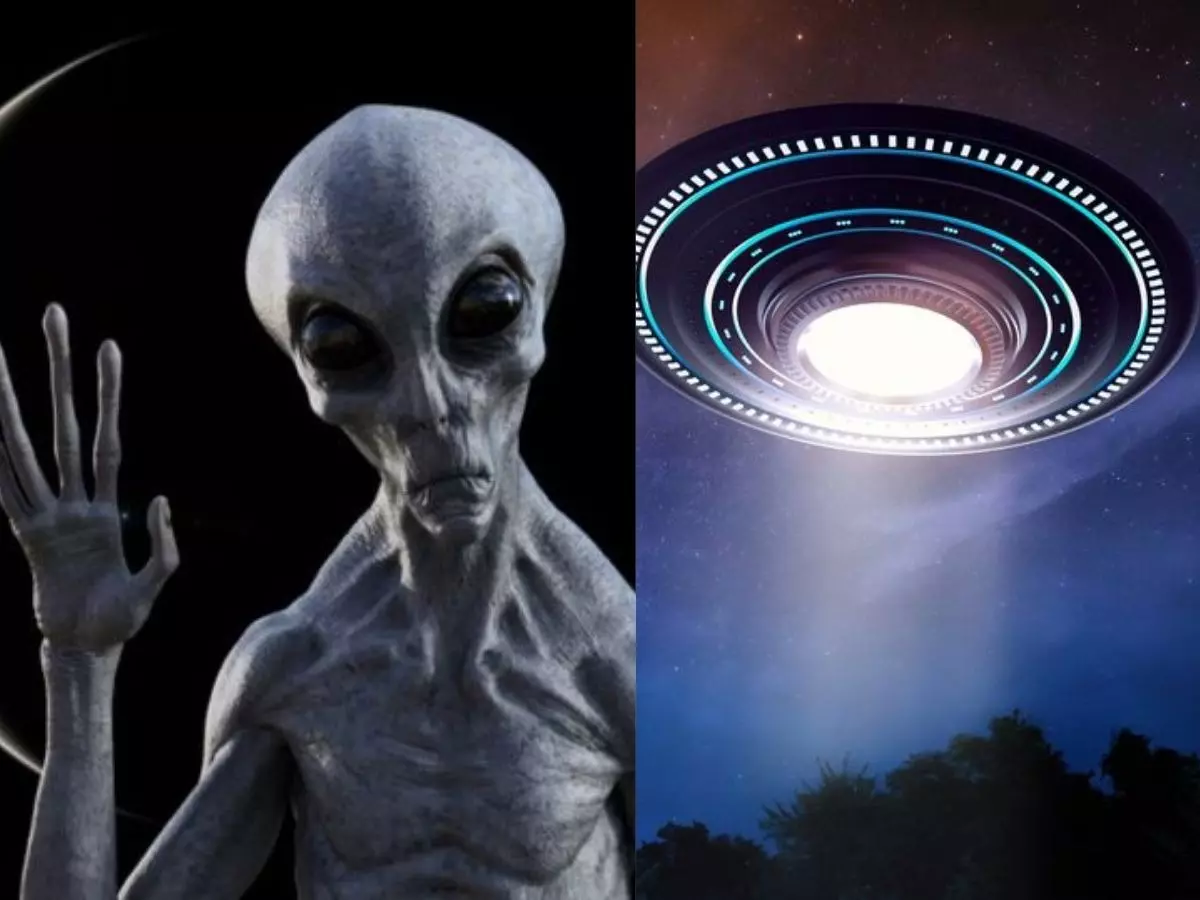UFOs And Aliens Are Just Future Humans Visiting Us In A Time Machine, Say Scientists
This is, according to one Michael Masters, a professor of biological anthropology at Montana Technological University in Butte. He¡¯s spoken about this in his book ¡®Identified Flying Objects: A Multidisciplinary Scientific Approach To The UFO Phenomenon¡¯.

Whenever we look into the night sky, starting in a sky full of stars, apart of space travel, most of us might think of lives that exist in our universe. Sure, we haven¡¯t evidently found a species or anything, just some random spottings that we thought was like something out of the ordinary.
 Getty Images
Getty Images
There are various theories for this -- some make a ton of sense, some are clearly nonsensical, but the fact is we have never seen an alien, just somethings in the sky that could possibly look like a UFO. However, one researcher feels that the UFOs that we¡¯ve spotted were actually humans from the future.
This is, according to one Michael Masters, a professor of biological anthropology at Montana Technological University in Butte. He¡¯s spoken about this in his book ¡®Identified Flying Objects: A Multidisciplinary Scientific Approach To The UFO Phenomenon¡¯.
He feels that with the advancing pace of our technology, it is more likely that humans of the future could have created technology to return and witness the past.
 Getty Images
Getty Images
He said in a conversation with Space.com, "I took a multidisciplinary approach in order to try and understand the oddities of this phenomenon. Our job as scientists is to be asking big questions and try to find answers to unknown questions. There's something going on here, and we should be having a conversation about this. We should be at the forefront of trying to find out what it is."
Most incidents of people with an alien describe them as bipedal, hairless, large eyes, small noses -- mostly human-like. And according to Masters, this could simply be just humans who have evolved over a considerable amount of time. In fact, he feels that these are future scientists, historians, trying to learn about our ways, just as we try to decipher our past during archaeological excavations across several locations around the world.
